Dr. Jacqueline Bouvier Copeland is the founder of Black Philanthropy Month. She is founder and chief executive officer of the WISE Fund, (WISE) the backbone organization for Black Philanthropy Month and Reunity.
Thanks for this opportunity, Dr. Copeland. Please tell us about Black Philanthropy Month. When was it founded? What led you to start Black Philanthropy Month?
Dr. Jackie Copeland: Black Philanthropy Month (BPM) was officially launched in August 2011 at our historic Pan-African Women’s Action Summit, but there is more than 20 years of history behind our efforts. At its core, Black Philanthropy Month was created as a global, public awareness initiative to raise visibility of Black giving both past and present.
BPM also strives to create a more powerful future of impact for worldwide community giving. BPM provides a forum of Pan-African mutual support to address the challenges facing Black people everywhere.
Funding equity is an important goal we want to promote, both in philanthropy and in business investment. In this period of racial reckoning, it has become obvious there is deeply-rooted underfunding of Black nonprofits and businesses. Both in the U.S. and worldwide, Black communities only receive between one and 2% of venture and private foundation funding. There can be no racial justice until there is economic justice.
What are your plans for Black Philanthropy Month 2022?
Dr. Jackie Copeland: As part of our 11th year, we reconvene for our annual Global Action Summit, which included a series of convenings with our global chairs and partners. Our theme, “Fierce Urgency of Now: From Dream to Action,” focused on transforming our dreams of justice into action despite the current social and economic challenges Black people face. There will be six events over six days in six different locations, including hybrid events.
This year, we will also add a metaverse component to our summit. Thinking back to the onset of COVID-19 and when we were in quarantine, the question we had to ask and answer was, “How do you build community when you can’t see each other beyond a Zoom experience?” We’re hoping this metaverse experience will allow others to have some deeper level of non-verbal interaction. I’m very interested in creating a futuristic Black space that can provide not only information but inspiration as well.
Our Global Kickoff was on Aug. 3 and featured Ayọ Tometi, one of the founders of BlackLivesMatter, Bakari Sellers, CNN political analyst and former representative of South Carolina, and was moderated by Ben Jealous, the current president of People for the American Way and former president and CEO of the NAACP. Grammy-winning Sounds of Blackness and Broadway star Syndee Winters also performed. Throughout the month, many of our global partners will also hold their own summits, including partners in Brazil, Canada, all of Africa and the Caribbean.
We will conclude our events on Aug. 31, with “Reunity: The Black Women’s Funders Summit” featuring April Ryan, the White House correspondent for The Grio, political analyst for CNN and the author of “Black Women Will Save the World;” along with many other great speakers. All Black Philanthropy Month events are free and open to everyone, but you do need to register from our website.
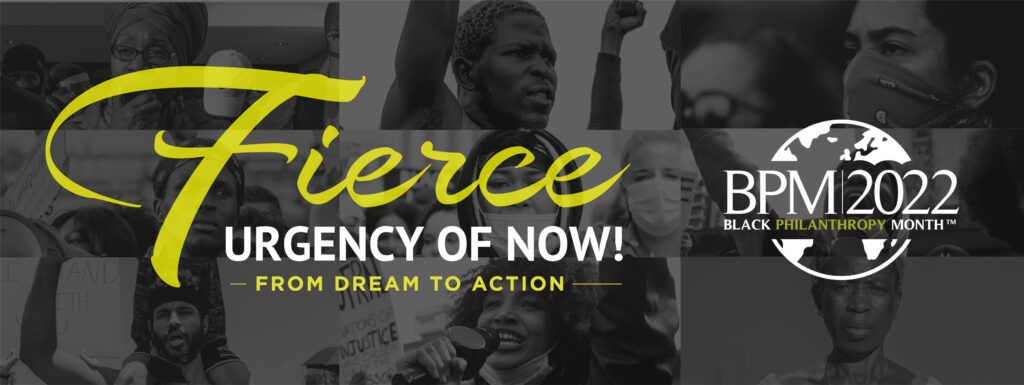
Can anyone become a philanthropist? If so, how? Why it is important that more Black people get involved in philanthropy?
Dr. Jackie Copeland: That’s a great question. Yes, anyone can become a philanthropist. Philanthropy is not about where you work. It’s not about if you’re rich or any aspect of your background. It is about what you do for others. In its most elemental sense from the Greek root word “philos,” it means love for humanity. Anyone can have love for humanity.
Very specifically, historically and culturally, Black philanthropy is about what Bishop Desmond Tutu called Ubuntu—recognizing that I am, because you are. It is the recognition of the interconnection among all humanity. In the BPM Movement, we speak about Black giving of treasure, time, talent and tithe for mutual support—by any means necessary. Everybody has something to give, whether it’s financial resources or otherwise.
Black philanthropy is the engine of our history and our future.
Every successful social movement — especially Black social movements in the U.S. — has been driven by Black giving. From the civil rights movement to African and Caribbean liberation movements to pandemic relief efforts today, these are all examples of Black communities giving financial, social and moral capital to make our community and world better.
Black philanthropy is a way for every single person to make history.
How have local communities been impacted by giving among Black people?
Dr. Jackie Copeland: In Kenya, there is the tradition of harambee. It means “all pull together.” For example, everyone has something to give for a particular cause such as sending a really bright student to university. The entire village community will make a contribution so that person can go to school knowing that if one gets educated, it’s going to benefit everyone else in the future.
Harambee is also used to fund startup businesses. For example, WISE funds women and people of color-led companies throughout the world. Using harambee, one of the funded companies was able to create a machine that could extract water from thin air and provide clean drinking water in Kenya, which has been impacted by climate change and drought.
Here in the U.S., the New Generation of African American Philanthropists (NGAAP), a BPM partner for the past several years, has really mobilized the Charlotte area under the leadership of Valaida Fullwood to not only increase funding availability for Black Charlotte-based nonprofits but also connect them to our global movement.
What is next for Black Philanthropy Month?
Dr. Jackie Copeland: BPM has grown beyond my wildest dreams. From inception to today, we have gained more than 20 million people across 60 countries. I want to do everything I can to make sure Black Philanthropy Month becomes multigenerational.
We will continue to grow our global movement, but in a very local way. I call it “trans-local” because we are in this global economy, but we have to make it real where we live and where we work. We want to continue the virtual Action Summit Series either all organized to occur in August or scheduled throughout the year. This is a way to further expand our movement and ability for people to apply what they’ve learned in their new networks in their local area.
How can people and organizations participate in Black Philanthropy Month?
Dr. Jackie Copeland: Along with the events planned for Black Philanthropy Month, this year’s summit will also push the envelope on our equity agenda.
BPM recently developed an agenda from the last two summits called the “Global Black Funding and Equity Principles” to issue a call to action among foundations, venture funders and supporting businesses to promote racial equity in funding. During Black Philanthropy Month, we encourage all BPM participants to learn more about the 10 principles and adopt them by signing our global philanthropy pledge.
Related Links
- Catalyzing Community Giving supports locally driven philanthropy by communities of color
- Using research to shift the narrative
- Celebrating Black Philanthropy Month in August

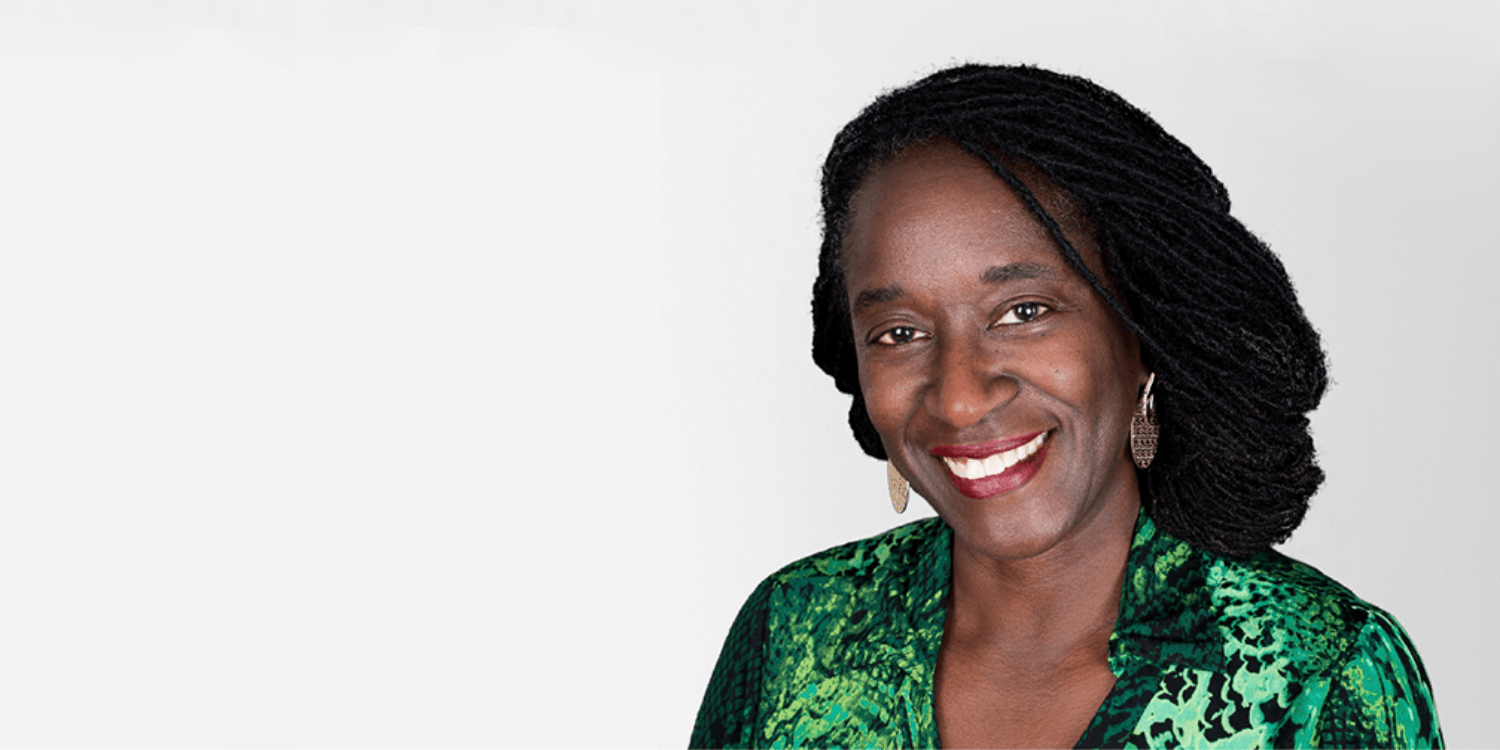


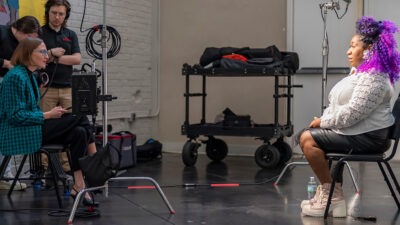
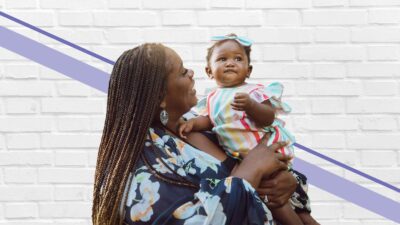
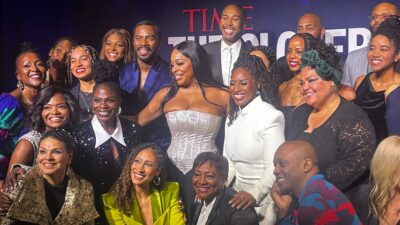

Comments